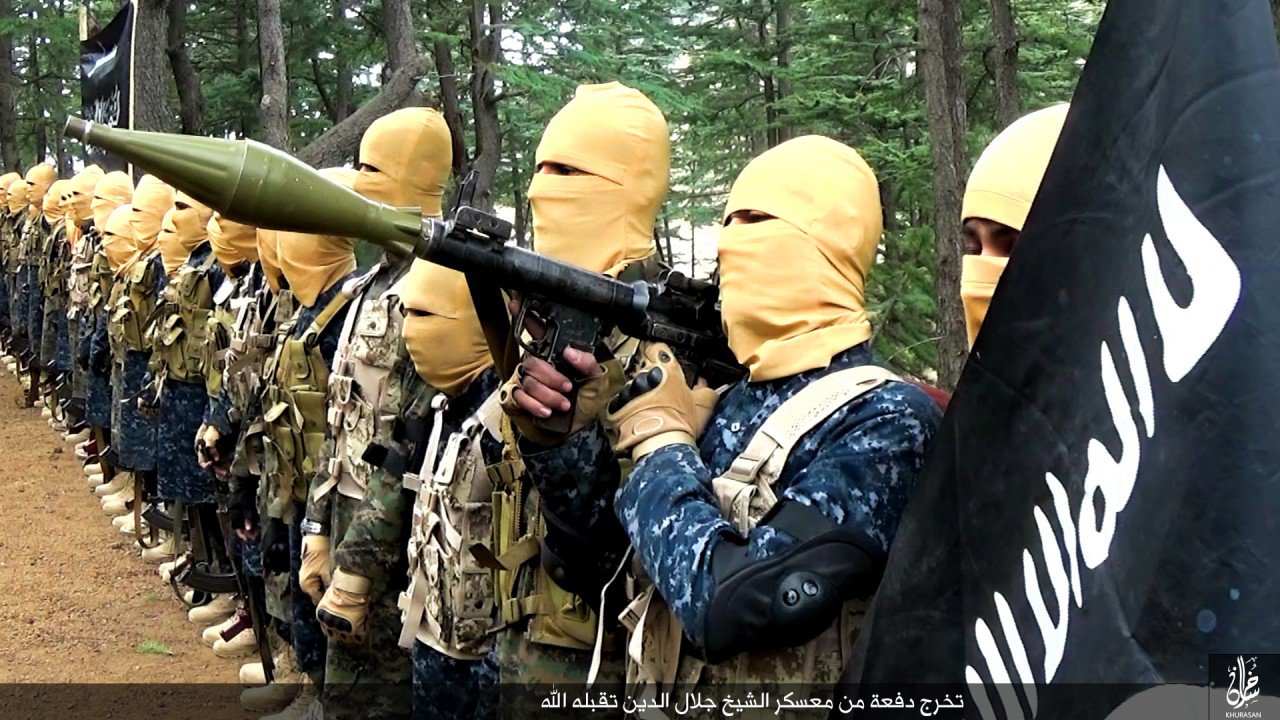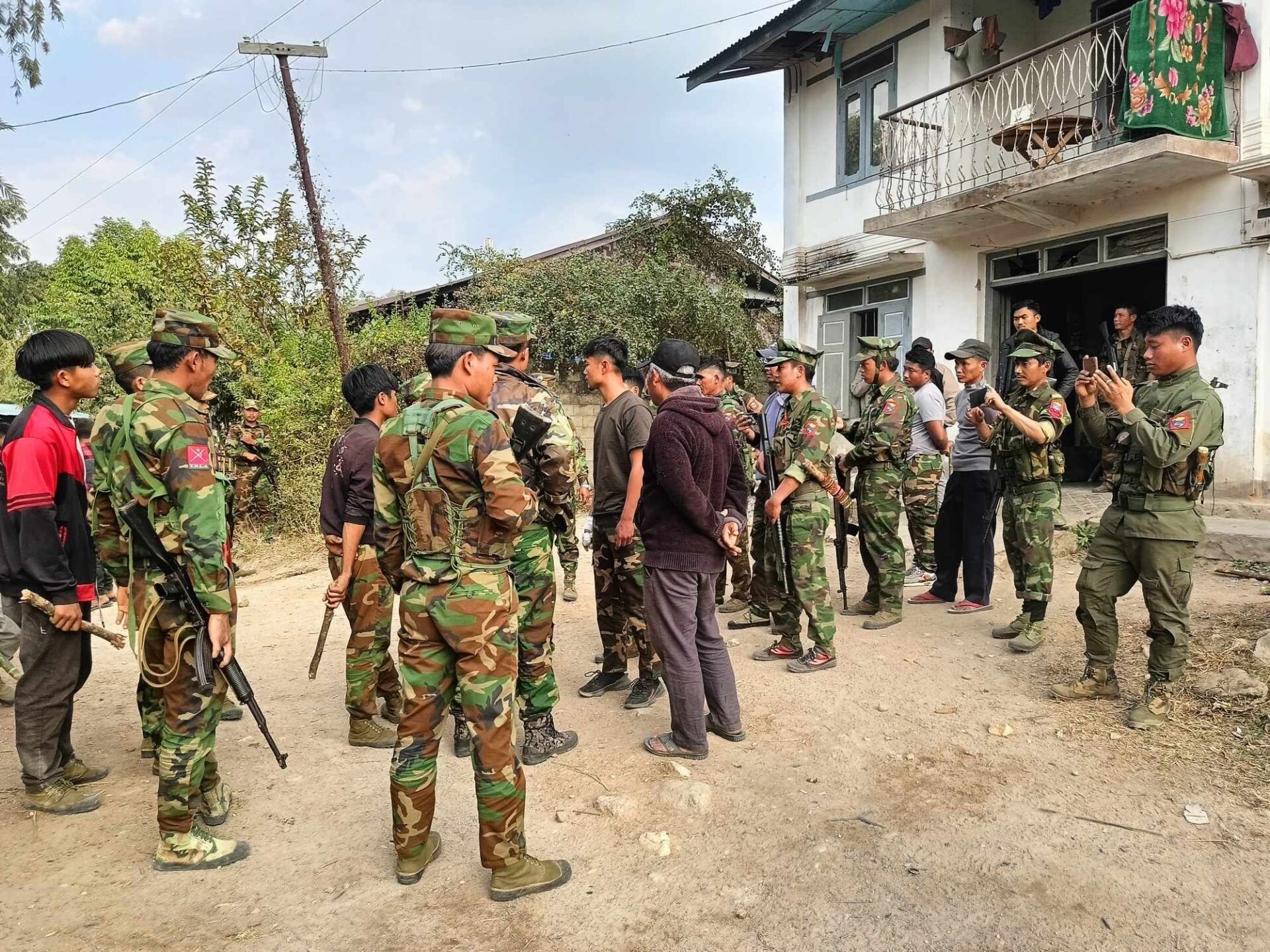Retracing the Steps of JI’s Abdullah Sunata
Retracing the Steps of JI’s Abdullah Sunata
The January 20 killings of the top leader of the al-Qaeda-linked Abu Sayyaf Group (ASG), Khaddafy Janjalani, and his aides under the Philippine military’s “Oplan Ultimatum” have created a leadership vacuum. Yet the hunt is far from over. There are various other leaders of ASG still at large, such as Radulan Sahiron, Isnilon Hapilon, Dr. Abu Pula, among others (Abante, January 24). The group, therefore, is still capable of launching retaliatory attacks. Indonesia’s two most wanted jihadis—Dulmatin, an electronics specialist known for his bomb-making expertise, and Umar Patek, whose role has focused on recruitment and training—are both operatives for Jemaah Islamiya (JI) and have sought refuge with ASG fighters. Both are key suspects in the 2002 nightclub bombings that killed 202 people in Bali. Their presence in ASG has increased the potential lethality of the group because they operate globally, traveling widely and settling in various countries that have little connection with their homelands [1].
The question of how JI and ASG members communicate is critical. The key to answering this question is identifying the individual who acted as a bridge between the two organizations. That man is Abdullah Sunata, who prepared and sent Indonesia’s jihadis to the Philippines [2]. Only by understanding the nature of Sunata’s movements and the regions in which he operated can one prevent the recruitment of new members eager to participate in martyrdom operations since Sunata was a key figure in dispatching suicide bombers. As the authorities struggle to eliminate ASG’s capabilities, it is important to understand how JI leaders Dulmatin and Umar Patek were able to forge their relationship with ASG.
Background of Sunata
Abdullah Sunata was arrested by the National Intelligence Bureau of Indonesia on June 20, 2005 in East Jakarta for his alleged involvement with JI and his close association with the principal suspects of the October 12, 2002 Bali bombing (Gatra, November 6, 2005). Despite his arrest, his recruits are still active and ready for missions. He was implicated in sending several JI suicide bombers on missions to the Philippines (Sun Star, August 4, 2006).
Sunata played a significant role in establishing communications between JI and ASG. He gained this capability because of his status as a dedicated member of JI. For his loyalty, he was appointed as the head of JI’s charity organization called KOMPAK, or Komite Penanggulangan Krisis (Crisis Management/Prevention Committee). Conflicts in the area allowed JI members to meet and train with other jihadis in the region and beyond—in essence, they transformed themselves from a collection of activists into a cohesive organization. While acting as the head of KOMPAK, he established contacts with a number of jihadis, including JI’s Dulmatin.
After the 2002 Bali attack, Sunata accommodated a request from Dulmatin, although he knew that doing so would put him at a greater risk because Dulmatin was then one of the most wanted men in Indonesia. Sunata met Dulmatin, who was accompanied by Umar Patek at the time. In their ensuing conversation, Dulmatin and Umar informed Sunata that they were planning to go to Mindanao—an island in the Philippines that acts as a staging ground for ASG—to hide from Indonesian authorities and that they wanted to solicit Sunata’s assistance in convincing or persuading Arnold, alias Arham, a Darul Islam member who had been working closely with JI, to serve as their guide [3].
When they were in the Philippines, Sunata maintained regular communication with Umar Patek through exchanges of text messages and e-mails starting in May 2003. Patek was then already in Pawas, which is near Cotabato. One of the important matters they would usually discuss was how they could continue the jihad in Indonesia and in the Philippines, where Umar was then in the process of establishing a base of operations. As they continued their regular exchange of messages, Umar started to open up to the idea about the need to strengthen his group’s manpower capabilities in order to be able to carry out jihadi activities.
Umar made a smart decision in electing Sunata as recruitment coordinator because Sunata had the personality to recruit and convince young men to go to Mindanao for training and jihadi activities as he had in one way or another helped mujahideen that were fighting in the Ambon conflict in 2000. Sunata said that he accepted the task, citing as his main reason the deep sympathy he felt to the cause of jihad. Accordingly, Umar specifically requested Sunata to give priority to Ambon veterans (members of Negara Islam Indonesia, Wahda Islamiyah, Laskar Jihad and KOMPAK) because of their combat experience and commitment to jihad.
Sunata’s Travels to the Philippines
In July 2003, Sunata traveled to Mindanao upon the invitation of Patek. He brought with him Faiz, who was then his newest recruit. Their guide from Jakarta up to Tawau was Arham. From Tawau to Bongao, they were accompanied by Solaiman (who was recently killed with Janjalani). At the pier in Bongao, they were met by Jack, alias Adam, who guided them to Pawas via Zamboanga City and Cotabato City. The main purpose of his visit to Pawas was to witness the actual conditions of the camp personally. At that time, the occupants of the camp were busy constructing and building houses, barracks, a masjid (place of worship) and lecture rooms for teaching basic paramilitary techniques.
Sunata disclosed that he observed that Patek’s and Dulmatin’s group had a very good relationship with a local Moro Islamic Liberation Front (MILF) leader whom he knew as Abu Badrin (Badruddin). Patek introduced Badrin to Sunata as his long time friend. According to Sunata, he stayed in the home of Abu Badrin while he was in Pawas. Sunata did not get the opportunity to mingle with the Indonesians there except for Umar and Dulmatin. After one week, Sunata returned to Indonesia. Muhajir Dela Merced, alias Salman, acted as his guide up to Tawau. Salman was introduced to Sunata by Umar only a day before Sunata left Pawas. From Tawau, Sunata traveled alone to Jakarta. He said that he used Abdul Rahman as his alias when he traveled to and from Pawas [4].
In an interview in 2006, Sunata said he considered the route via Bongao as the safest and most convenient for undocumented foreigners who wanted to go to Mindanao. He noted that there were only a few patrol boats along the way and there were no immigration authorities at the different ports of destination. Likewise, there are many islets scattered across the sea where crews of small boats carrying illegal aliens to Tawi-Tawi from Sabah and vise-versa can hide the passengers if patrol boats suddenly appear along the route [5].
Financial Support from an Arab Donor
In early April 2004, Sunata was told by Umar that a certain Abu Mohammad, a Saudi Arabian donor, would contact Sunata by cell phone to set up a meeting in Jakarta to deliver funding for the group in Pawas. According to Sunata, the Arab was a personal contact and friend of Faiz, whom Faiz had met while he was in Saudi Arabia taking Arabic studies. Sunata also said in an interview in 2006 that it was Faiz himself (while in Pawas) who had requested Abu Mohammad give financial assistance/support to Umar Patek’s group. Since Abu Mohammad could not deliver the money to Mindanao personally, he was told by Umar to give it to Sunata.
That same month, Abu Mohammad called Sunata, using an Indonesian cell phone number, giving Sunata the impression that Abu Mohammad was already in the country at that time. They set up a meeting at Hadramut Restaurant in Jakarta. Their first meeting did not last long as they could hardly understand each other. After exchanging pleasantries, Mohammad handed him 50 million rupiah (a little more than US$5,000) after which they left the restaurant one after the other. Sunata said in an interview in 2006 that one week after the meeting he sent Arnold, alias Arham, to Pawas to personally deliver the money to Umar. He said that he took 10% of the total amount, with the permission of Umar, to cover the travel expenses of Arnold and to fund his recruitment activities in Indonesia [6]. In June of that same year, another cash donation, amounting to 60 million rupiah (almost US$6,500) was delivered to Sunata in the same fashion as the first—at the same restaurant in Jakarta by Abu Mohammad. After deducting 10%, he again asked Arnold to deliver the money to Umar.
In the last week of November 2004, Sunata and Faiz, who had returned to Indonesia sometime in April 2004, met Abu Mohammad in Hadramut Restaurant. The meeting was longer this time because Faiz had not seen his Arab friend for a long time. After their conversation, Mohammad gave them 21,000 reals. Faiz gave Sunata his 10% share after which they converted the money to U.S. dollars in Jakarta.
Conclusion
The saga of Abdullah Sunata highlights the importance of the tightly-knit kin and friendship networks that are in many cases much more important than top-down recruitment. The prolonged conflicts in Indonesia and the Philippines and their porous border provide the perfect environment for these isolated kin and friendship networks to form. This is demonstrated in the cases of jihadis such as Sunata, Dulmatin and Patek, who had the ability to expand the network, provide money, weapons and tactical plans in order to operationalize their hatred toward the West and its allies.
Conflicts serve as important events for jihadis to build relationships. When isolated individually, a jihadi does not have connections to people who can transform their intense hatred into acts of terrorism. Therefore, it is crucial for the regional community and beyond to address the root causes of these existing conflicts and understand how JI leaders such as Dulmatin and Umar Patek were able to forge their relationship with ASG. By understanding the nature of their leaders’ movements and the regions in which they operate, one can prevent the recruitment of new members eager to participate in deadly operations.
Notes
1. Author’s interview with Indonesia’s JI military trainer, Utomo Pamungkas alias Mubarok, who was in the MILF camp in early 2000. The interview took place in Jakarta Prison on January 20, 2007. He said that his extensive language skills are not unique among JI members who have traveled abroad for jihad. Mubarok traveled to Pakistan, Afghanistan, Malaysia, Singapore and the Philippines. He speaks Indonesian, Javanese, Arabic, English, Pashto and Tagalog.
2. Author’s interview with Abdullah Sunata in Jakarta Prison between December 2006 and January 2007.
3. Author’s interview with Arham alias Arnold in Jakarta Prison on January 20, 2007. Arnold was familiar with the back door routes going to Mindanao as Arnold had undergone military training there.
4. Author’s interview with Abdullah Sunata.
5. Ibid.
6. Ibid.


